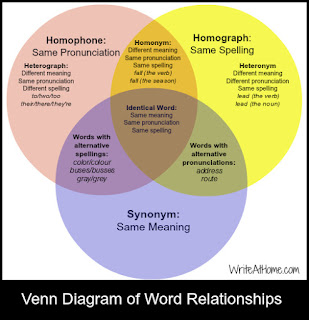Word building: adjectives, nouns and verbs
Word building: adjectives, nouns and verbs
Learning more words and vocabulary is really important to improve your language skills. In English you can make new words from other completely different by using specific endings.
There are nouns from verbs or verbs from nouns or adjectives etcetera. Learning what endings you can put on words means you can expand your vocabulary and say what you mean more easily.
You can say one same word by changing how it uses based on the word-ending because this specifies if it is an adjective, noun, or verb.
- Nouns often end: -ment (improvement), -ion (investigation), -ness (sadness), -ity (infinity), -ship (leadership), -ece/ance (permanence), -acy (lunacy), -age (marriage), -y (story), -cy (fluency).
People nouns often end: -er (teacher), -or (advisor), -ist (artist), -ian (musician).
- Some verbs end: -ise (modernise), -ate (affiliate), -en (soften), -ify (falsify).
- Adjectives often end: -able (available), -ible (legible), -ive (addictive), -al (banal), -ic (periodic), -ed (amused), -ing (annoying), -ful (wonderful).
| Adjective | Noun | Verb |
| Strong | strength | stregthen |
| long | long | longhaul |
| deep | depth | deepen |
| short | short | shorten |
| wide | Width | Widen |
| high | high | heighten |
| weak | weakness | weaken |
| thick | thickness | thicken |
| flat | flat | flatten |

Comments
Post a Comment